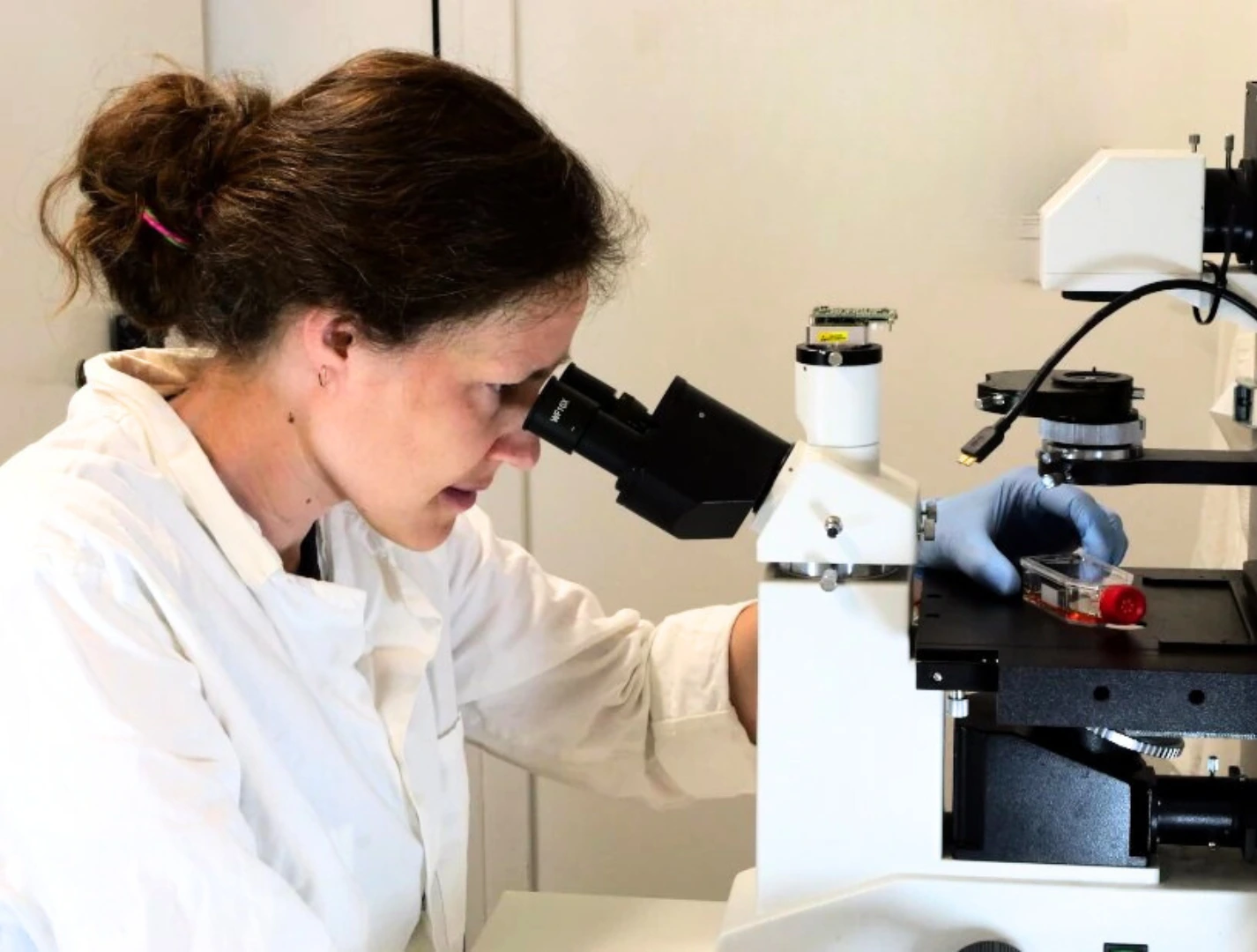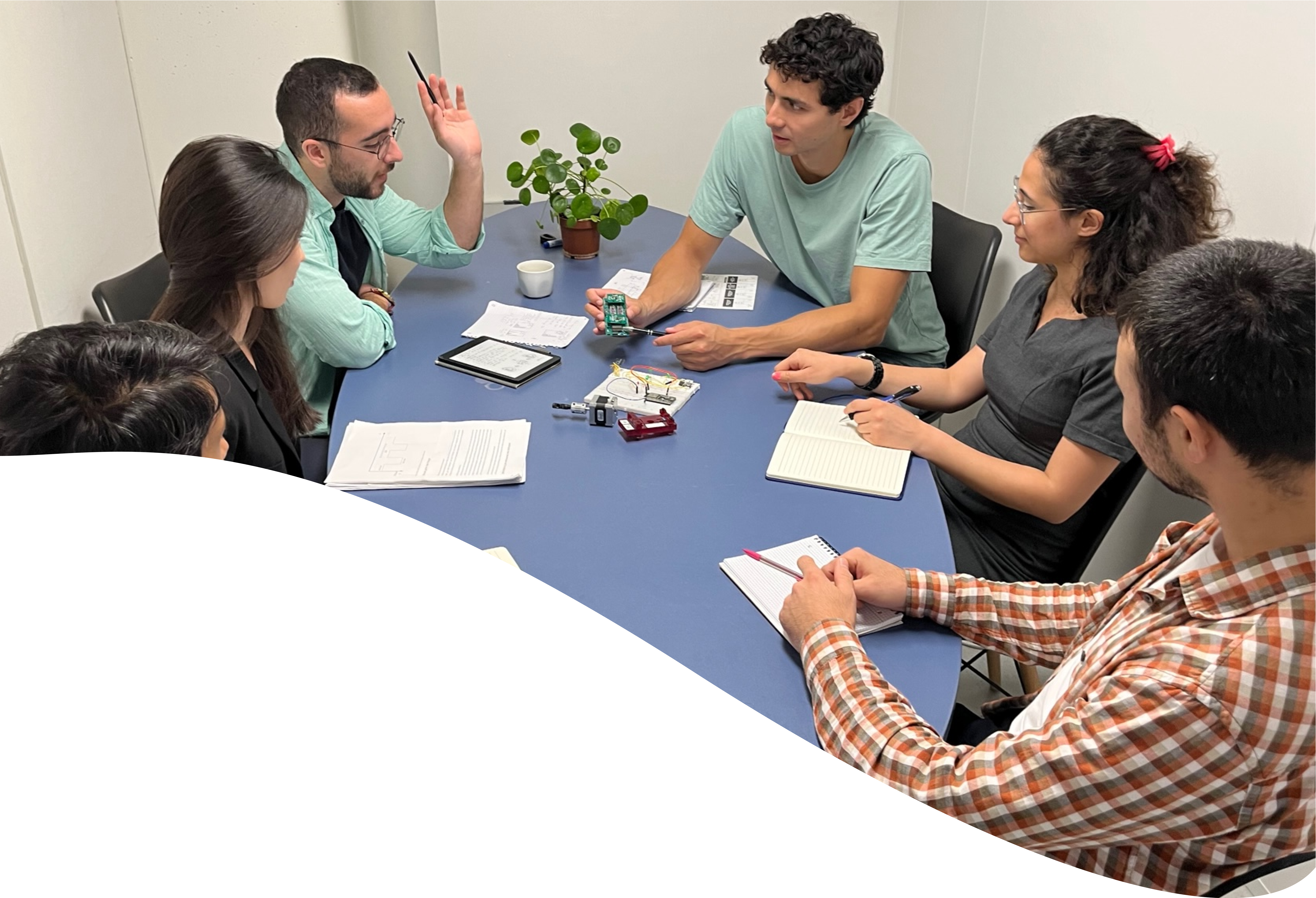EIC Pathfinder Challenge 2
GenAI agents to revolutionize medical diagnosis and treatment of cancer
Writer
Celeste Chidiac, PhD
Keywords
Microfluidic Devices, Intelligent Microfluidics, Artificial Intelligence, Machine Learning
EIC Work Programme reference
HORIZON-EIC-2024-PATHFINDERCHALLENGES-01-02
Call deadline
October 29, 2025
Publication Date
April 24, 2025
Keywords
Intelligent Microfluidics
Deep Learning
Microfluidic Devices
Artificial Intelligence
Machine Learning
Medical diagnosis
GenAI
Cancer treatment
Clinical assessment
Personalized treatment
Your microfluidic SME partner for Horizon Europe
We take care of microfluidic engineering, work on valorization and optimize the proposal with you
Introduction to EIC Pathfinder Challenges
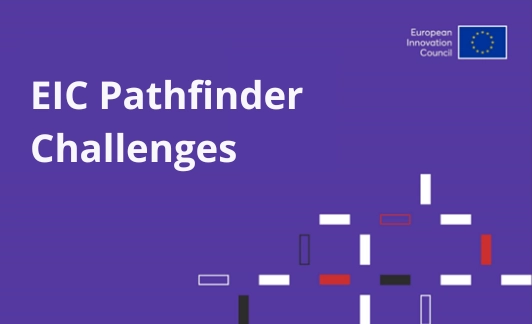
The EIC Pathfinder program supports the foundational stages of breakthrough scientific and technological innovation, aiming to disrupt current fields or create new ones through deep-tech research. It operates through two main streams: EIC Pathfinder Open supports projects across all science, technology, and application fields, without being limited to specific topics, while the EIC Pathfinder Challenges focus on targeted portfolios of projects within predefined themes with specific objectives.
The Challenges promote collaborative, high-risk/high-reward projects that collectively explore different perspectives on a given theme, with the expectation of adaptive and synergistic progress toward transformative outcomes.
For 2025, the EIC Pathfinder Challenges have a total indicative budget of €120 million, distributed evenly among four distinct Challenges—each expected to fund 7 to 10 projects with grants up to €4 million. Projects typically run for 3 to 4 years and are usually carried out by international consortia of three or more entities from eligible countries, though smaller and even single-entity applications are allowed. In 2024, the success rate for proposals was about 7.7%, highlighting the program’s competitive nature. Funded projects are expected to meet the Challenge’s specific goals, engage in shared activities, and respond to the evolving research collaboratively. The full eligibility criteria can be found on the page of the EIC Work Programme 2025.
Deadline for application is the 29th of October 2025!
What is the Challenge on GenAI agents about?
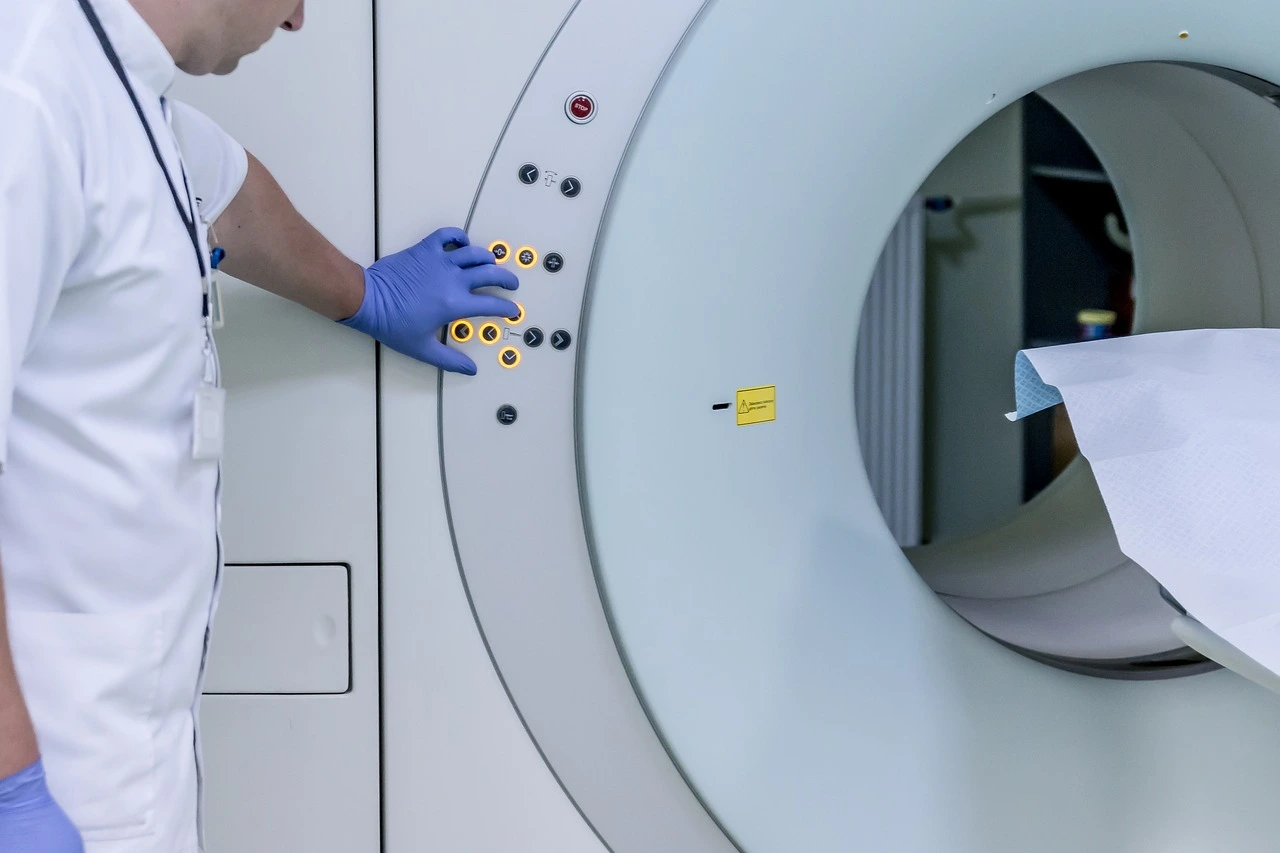
Medical imaging is central to cancer diagnosis and treatment, offering detailed morphological, structural, metabolic, and functional insights. Despite the valuable data generated, clinicians often struggle to integrate diverse, large-scale datasets. The lack of seamless data interpretation leads to incomplete clinical assessments, diagnostic inconsistencies, and less effective treatment planning.
Artificial Intelligence (AI), particularly Generative AI (GenAI) agents, holds promise for addressing these challenges, yet its current application in medical imaging remains narrow. Most existing tools are limited to single data types and lack transparency, reducing reliability and hindering clinical adoption. To address these gaps, the EIC Pathfinder Challenge 2 promotes the development of interactive GenAI agents capable of synthesizing multimodal data to assist clinicians across the cancer care continuum. The Challenge also encourages using advanced AI technologies, including geometric deep learning and graph neural networks. It will fund early-stage research to develop new methods for interpreting multimodal health data and generating synthetic data in a common database to train robust, adaptable algorithms.
More information on the EIC Pathfinder Challenge 2 can be found on the official page of the European Commission.
How can the MIC help with your project?
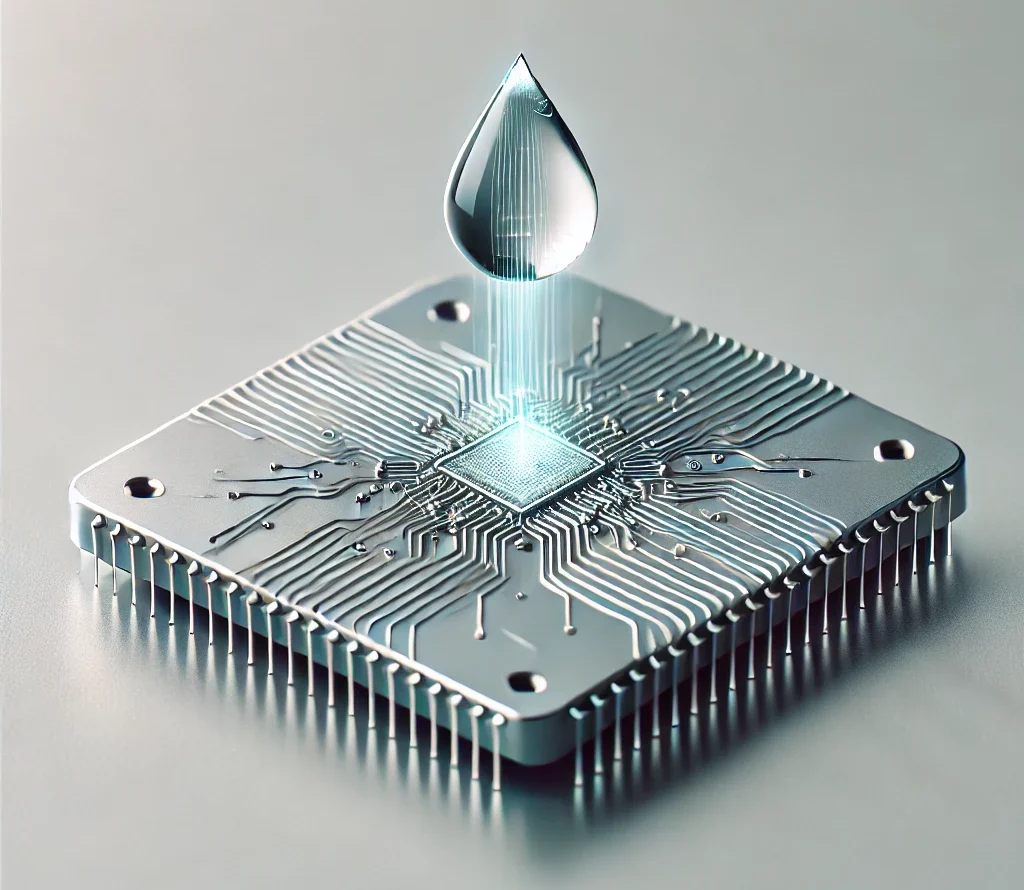
- Strategic collaboration support, including contribution to proposal writing, innovation development, and dissemination strategies.
- Development of custom microfluidic platforms for advanced clinical and research needs, including biomarker isolation, in vitro tumor modeling, and real-time imaging integration.
- Engineering of automated flow control and perfusion systems to support continuous and scalable physiological processes.
The MIC as the perfect SME partner
SMEs are key drivers of innovation in Horizon Europe projects, helping to translate cutting-edge research into practical clinical solutions. With deep expertise in advanced microfluidic technologies, we are well-positioned to support the development of precision tools for cancer diagnostics and AI-powered data generation.
Our contributions include custom microfluidic systems for real-time isolation of biomarkers, dynamic in vitro tumor models, and seamless integration with high-resolution imaging. These platforms feature automated flow, pressure, and volume control—critical features for generating reliable, multimodal datasets that can train robust and interpretable GenAI agents for clinical use.
Objectives of the GenAI agents Challenge
Project proposals for the EIC Pathfinder Challenge 2 must focus on one specific cancer type from the following: breast, cervical, ovarian, prostate, lung, brain, stomach, or colorectal cancer. Each proposal is required to address at least one sub-objective from two key areas: Technological and Clinical.
Area 1: Technological Area
- GenAI-based tools for Integrating Multidimensional Multimodal Health Data
Develop GenAI agents to integrate multidimensional and multimodal data from various sources. This can include imaging modalities (MRI, CT, PET, X-ray), clinical records (EHRs, lab results, structured/unstructured clinical data), pathology results, genetics, omics data, videos, and knowledge databases.
- Medical Data Augmentation
Design early-stage GenAI agents capable of generating synthetic medical data (e.g., synthetic images, genomics data) and complementary data (e.g., CT from MRI) to support iterative model training.
- Medical Knowledge Representation and Integration
Build a GenAI prototype to represent and integrate medical knowledge. The model should identify imaging features linked to demographics and systemic conditions to extract new insights that are not easily detectable through traditional expert analysis alone.

Area 2: Clinical Area
- Predictive Diagnosis
Create interactive autonomous agents to assess cancer risk based on medical history, imaging, and genetic data. The model should provide personalized health risk predictions for early detection and prevention.
- Enhanced Personalized Treatment Selection
Use of AI to predict optimal treatment paths for individual patients, and forecast disease progression and treatment response, providing a full-picture view of patient care.

Funded projects must prove their GenAI agents are accurate, reliable, and generalizable by continuously testing them across diverse datasets, ensuring they work well for different patient groups and clinical settings. These AI systems should clearly outperform current methods in proof-of-concept studies and demonstrate their ability to support or replace clinicians along the entire care pathway, addressing issues caused by fragmented healthcare systems.
Equally important, projects must apply explainable AI techniques, such as causal inference and visualization tools, so clinicians can trust and interpret AI decisions. Compliance with the EU’s Trustworthy AI principles, ethical standards, and the AI Act is mandatory.
Proposers are encouraged to use and contribute to the Cancer Image Europe platform, and all datasets must be documented using the Health DCAT-AP metadata standard for inclusion in the European Health Data Space (EHDS). Projects that fail to address both core challenge areas or focus on unrelated cancer types will not be considered.
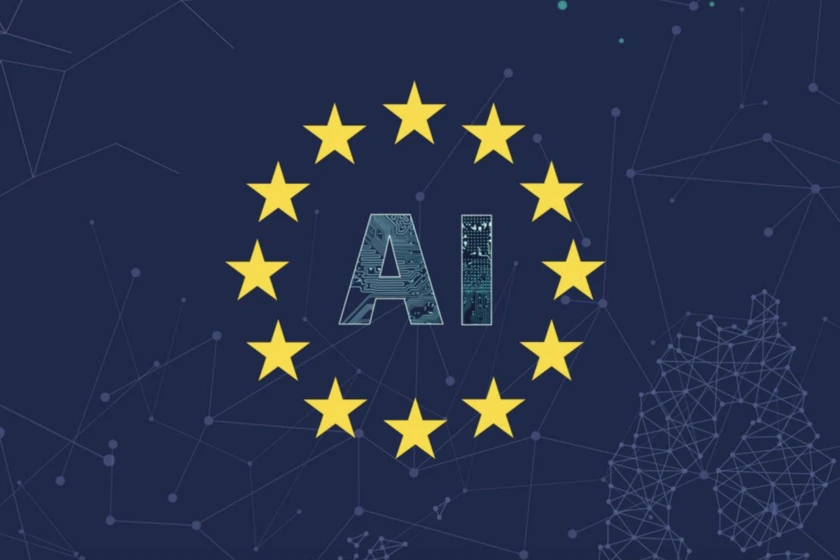
What are the expected outcomes and impacts of the GenAI agents Challenge?
Expected impacts include:
- Significantly improve patient care through advanced AI-driven diagnosis and personalized treatment.
- Reduce pressure on the healthcare system by supporting clinical decision-making.
- Improve the quality and reliability of medical services.
- Deliver substantial cost reductions in healthcare.
- Foster long-term healthcare efficiency and sustainability.
- Strengthen Europe’s leadership in AI-driven medical innovation.
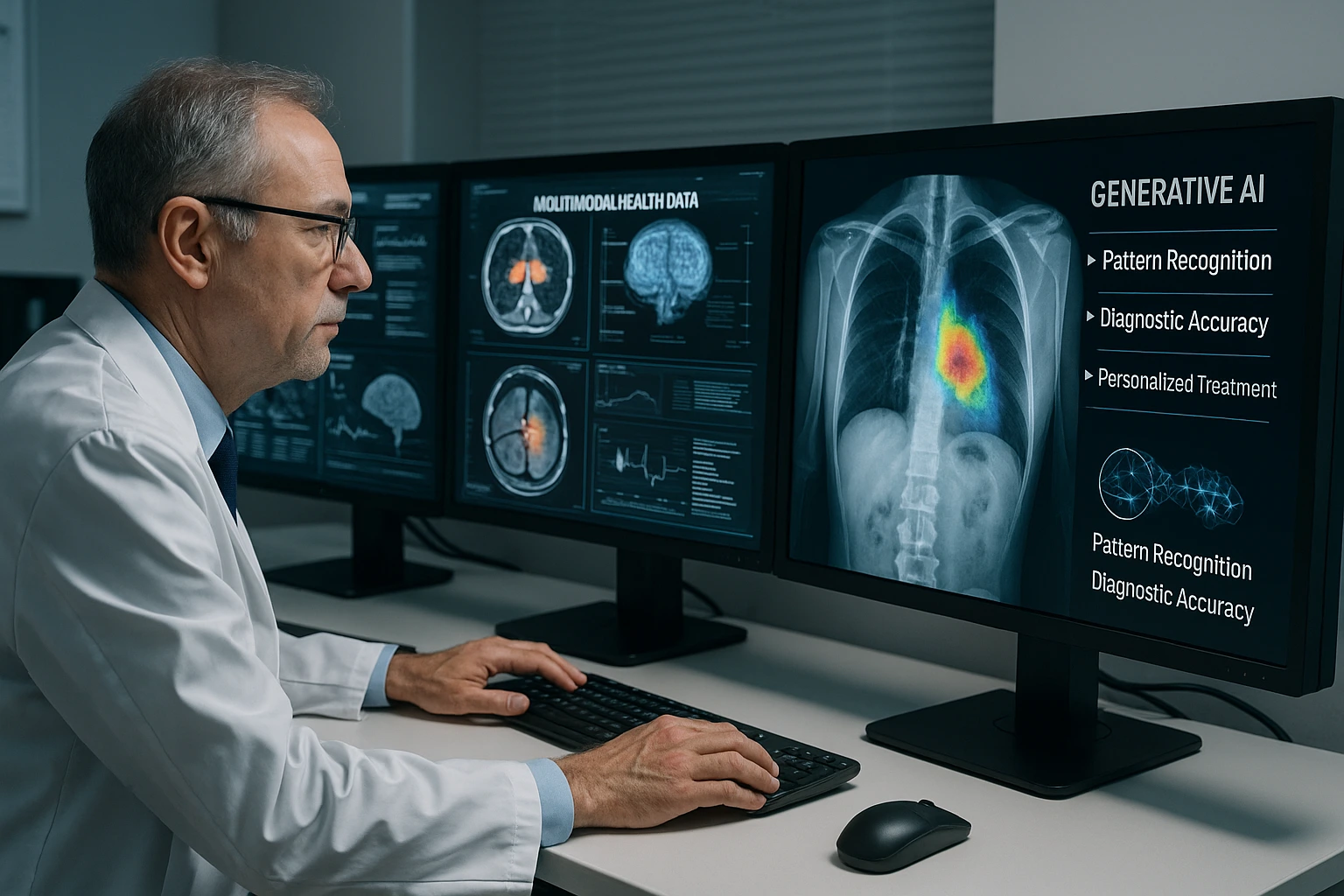

Projects in the portfolio will collectively:
- Share a synthetic imaging database.
- Explore the combined use of GenAI agents for diagnosing and treating multiple cancer types.
- Benchmark and validate AI agents across institutions.
- Develop innovative clinical pathways in oncology.
- Externally validate AI models at clinical sites of other projects within the portfolio.
- Create standardized evaluation frameworks for ensuring compliance with the AI Act and Medical Device Regulation (MDR).
- Cover different cancer types, technologies, and infrastructures.
The selected projects will be grouped by cancer type, technology used, and access to appropriate data and infrastructure.
Download the MIC Horizon Europe 2025 Calls Calendar:
We are also happy to join your research consortium as an SME partner for other topics. Calls that we are particularly interested in are:
The MIC already brings its expertise in microfluidics to the EIC Program:
FAQ - EIC Pathfinder Challenge 2: GenAI agents for medical diagnosis
What is it that this Challenge is attempting to accomplish?
This Challenge aims at changing the way we are today diagnosing and treating cancer with intelligent AI systems. So, currently doctors are overwhelmed by numerous sources of data: CT scans, MRIs, genetic tests, patient records; however, they do not know how to correlate the dots. This aims at building GenAI agents that would be capable of synthesising all this data, detect patterns that human beings may overlook, and give actionable insights on a cancer patient across all phases of the disease, including early disease detection, as well as the customisation of treatment planning.
Which are the types of cancers I can concentrate on in my proposal?
Please select one type of cancer out of the following: breast, cervical, ovarian, prostate, lung, brain, stomach, or colorectal cancer. This targeted strategy guarantees that every project has deep, clinically relevant expertise, rather than thin-slicing efforts across several types of cancer.
What is the difference between a GenAI agent and current AI tools that are utilized in medical imaging?
Present AI applications usually process individual data types and are black boxes- they provide answers without providing the justifications. GenAI agents, in turn, are supposed to be interactive, multimodal agents able to process a wide range of data simultaneously (imaging, genomics, clinical records) and to clarify their reasoning in ways that can be understood and trusted by clinicians. Consider them AI partners, not mere diagnostic tools.
Should I focus on technological and clinical goals?
Absolutely. You have to address one sub-objective of the Technological Area (such as multimodal data integration or synthetic data generation) and at least one of the Clinical Area (such as predictive diagnosis or personalized treatment selection). This is because of the dual concentration, ensuring that technical innovation can be directly translated into clinical impact.
How is the deadline and project schedule?
The deadline is October 29, 2025. Funded projects are usually up to 3 to 4 years, which is enough time to build, test, and prove your GenAI agents in a real-world clinical environment. These are high-risk, high-reward ventures, remember, and the schedule is based on the progressive creation and adjustment.
Should I be a single organization, or must I have partners?
Although you can technically do it by yourself or with only two parties, the majority of successful projects include consortia of three or more organizations based in eligible countries. The field of cancer care and AI development spans multiple disciplines, including clinical oncology, computer science, ethics, and regulatory affairs; consequently, multiple collaborations tend to enhance both the field and its implementation.
What are the ethical and regulatory considerations that I should take?
This is critical. Your project should be in line with the EU AI Act, Trustworthy AI principle, Medical Device Regulation (MDR) and ethical health data. You will have to prove explainable AI-doctors need to know why your system provides particular recommendations. Moreover, to be included in the European Health Data Space all datasets should be in line with Health DCAT-AP metadata.
What type of partnership occurs among funded projects?
Projects are not isolated entities. The portfolio strategy implies that you will share a synthetic imaging database with other groups, compare your AI agents to theirs, and test your models at external clinical locations in the network, and jointly establish standardized assessment systems. This partnership ecosystem enhances speed in the process of innovation and the assurance of solutions being applicable in a variety of healthcare environments.
What role can be played by microfluidic technologies in this Challenge?
Microfluidic systems are capable of producing the multimodal information of high quality that GenAI agents require training. Biomarkers can be isolated in real-time using custom microfluidic systems, dynamic tumor models that recapitulate physiological conditions in patients can be generated, and can be fully integrated with imaging systems. These robots generate high-quality datasets that are reproducible which is precisely what is required to create strong AI models that can be generalized to a wide range of patient groups.
